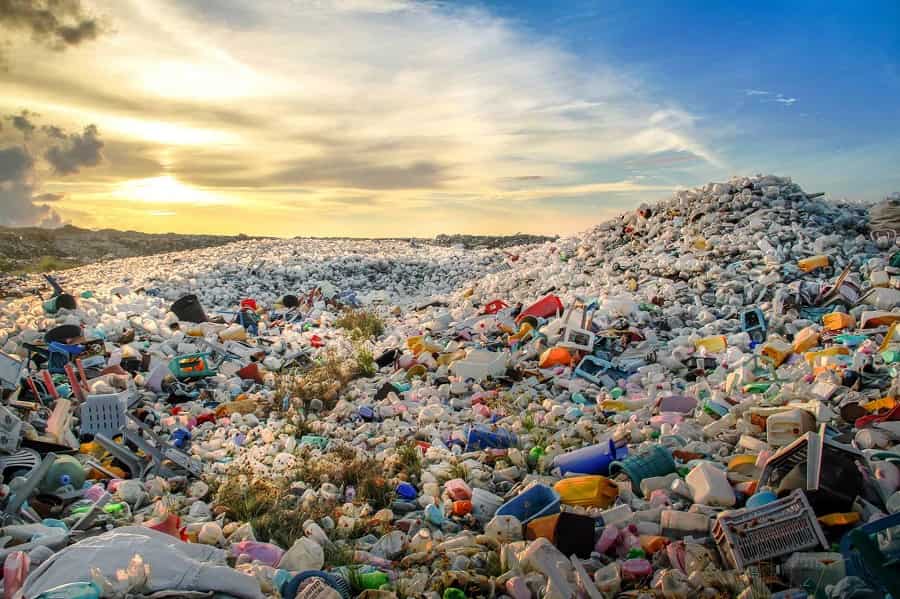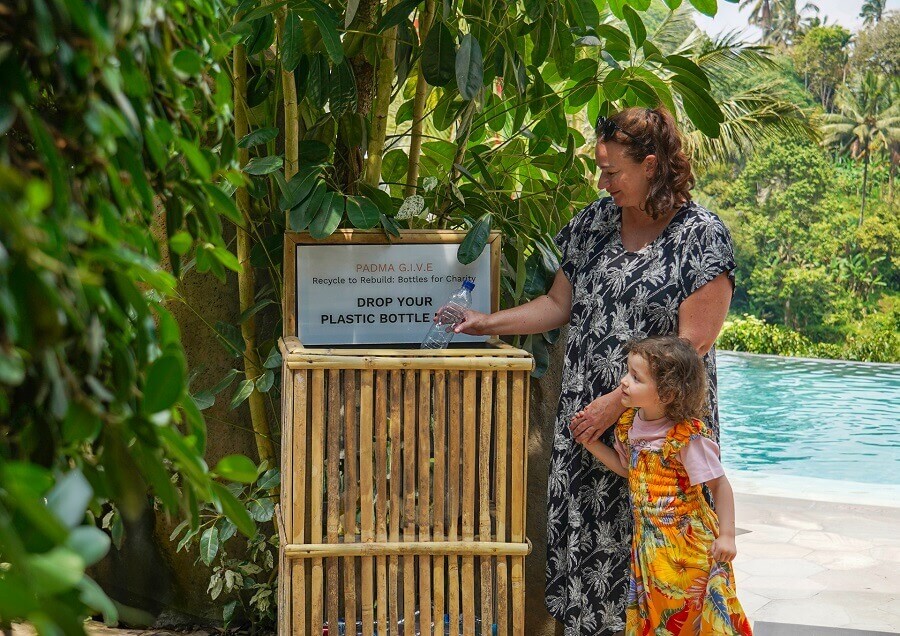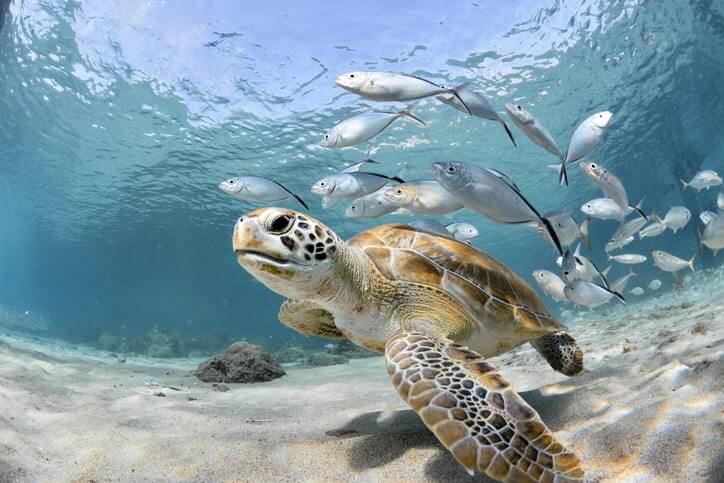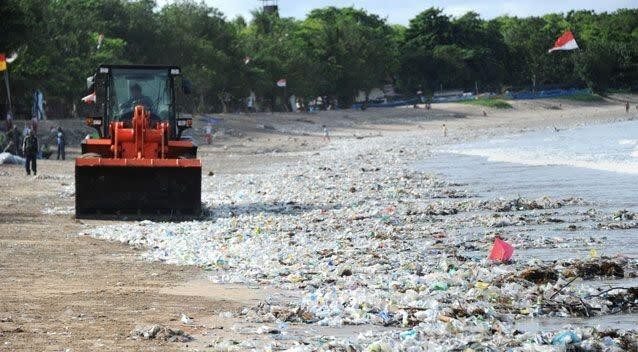Bali has always held a special place in people’s hearts a dream island of turquoise waves, terraced rice paddies, sacred temples, and rich culture. For many, it’s the ultimate getaway, a place where time slows down and nature feels alive. But over the years, I’ve come to see a different side of Bali one that’s struggling to stay beautiful under the weight of its own popularity.
As tourism has grown, so have the island’s environmental problems. The challenges are complex, but two issues stand out sharply: waste management and the growing pressure on natural ecosystems. These problems don’t just threaten the environment they threaten the very identity of Bali.
Waste: The Ugly Side of Paradise

Let’s start with waste. It’s hard to ignore once you’ve seen it: plastic bottles stuck in riverbanks, food packaging floating in the ocean, or piles of trash smouldering on roadsides. Bali generates thousands of tons of waste every day, and much of it isn’t handled properly. A lot ends up in nature in rivers, on beaches, even burned in the open air.
The problem gets worse during the rainy season. Trash that’s been dumped upstream is swept down through rivers and onto beaches. Some mornings, especially in the wet season, the same beaches that attract millions of tourists are littered with plastic and debris. Clean-up teams work hard to restore them, but the trash just keeps coming back.
The main issue is that Bali’s infrastructure hasn’t kept pace with its growth. Most villages still use outdated or informal waste systems, and while tourism brings revenue, it also brings consumption single-use plastics, packaging, imported goods often without proper disposal systems in place. Even though plastic bags and straws are technically banned now, enforcement is spotty and many still use them daily.
Small Actions, Big Hopes

The good news is that change is starting to happen, especially at the community level. Many villages are now separating waste more consciously. In some places, people bring recyclables to collection points where they can exchange them for money or food. Simple ideas like these are helping reshape habits.
Schools are teaching kids about the importance of waste separation and ocean health. Local groups organise beach clean-ups regularly, and more businesses are turning to sustainable packaging. It’s far from perfect, but there’s a growing awareness that wasn’t always there. Still, without strong and consistent infrastructure especially for composting organic waste and processing recyclables Bali’s waste problem remains a huge challenge.
Nature Under Pressure

Beyond the issue of trash, Bali’s natural ecosystems are also under serious stress. Coral reefs, forests, rivers, and even sacred mountain areas are being impacted by over development, pollution, and climate change.
The coastline, for example, has changed a lot. Popular beaches are often crowded with new buildings, cafes, or resorts sometimes built right up to the water. This kind of development leads to erosion, habitat loss, and puts more pressure on already fragile marine life. Reefs near popular dive spots have been damaged over the years by anchors, careless tourism, and rising water temperatures.
On land, rapid construction has replaced large green spaces, and rice paddies are being converted into villas or commercial areas. In some places, rivers that once flowed clean are now murky and polluted, sometimes filled with sewage or industrial waste.
It’s a bit heartbreaking to witness. Nature has always been central to Balinese life and culture. But as demand for land and resources grows, so does the tension between protecting that heritage and making room for growth.
Tourism’s Double-Edged Sword
Tourism has brought so much to Bali jobs, income, cultural exchange but it also brought a level of environmental strain the island wasn’t fully prepared for. Before the pandemic, millions of visitors arrived each year. That meant more food, more transport, more shopping and, of course, more waste.
Even well-meaning tourists sometimes add to the problem without realising it. A quick takeaway coffee here, a single-use water bottle there it all adds up. Then there’s the issue of over-tourism in certain places, which puts strain on local water supplies, roads, and natural sites.
There’s been a lot of talk lately about encouraging more mindful travel where people stay longer, engage with local communities, and reduce their impact. It’s an idea that deserves support. If Bali wants to protect what makes it special, the model of tourism has to shift.
A Chance to Reimagine the Future

The pandemic gave Bali a rare pause a chance to reflect. With fewer visitors, the island saw clearer skies, quieter beaches, and even cleaner rivers. Many locals began to rethink what kind of future they wanted for their island. And now, as tourism picks up again, the choices being made feel more important than ever.
There’s still a lot of work to do, from improving waste collection systems to regulating development and educating both residents and visitors. But the spirit of Bali is strong and so is the love people have for it.
If there’s one thing this island teaches over and over again, it’s balance between growth and preservation, tradition and change, humans and nature. Keeping that balance won’t be easy, but it’s the only way forward.
In the end, Bali doesn’t need to be saved it needs to be respected. It’s up to all of us, whether we live there, visit, or simply care from afar, to treat it not just as a destination, but as a living, breathing home worth protecting.































